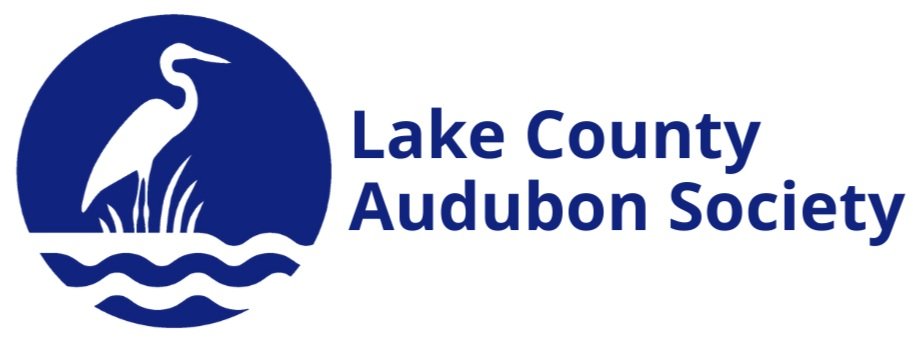
Sharing Our Shore - Waukegan
Waukegan is home to a diversity of birds. With over 305 species recorded at Waukegan Beach (eBird), it is considered a birding “hotspot” attracting residents and birding experts alike to the Waukegan Beach and Dunes. Waukegan Beach is also popular with people. It is a recreational hot spot for beach-going residents, especially in the spring and summer months, which is when shorebirds are nesting. To protect the unique birds found at Waukegan Beach, the Lake County Audubon Society and the City of Waukegan formed a Sharing Our Shore Beach Stewardship Partnership (SOS-W) with a Memorandum of Understanding in 2019. The goals of this partnership are to monitor bird species and increase public support for the conservation of birds at Waukegan Beach.
Shorebird populations have declined 70% in North America since the 1970s due to habitat loss, predation, climate change, and human disturbances. Shorebirds that nest on the beach do not have as much nesting habitat as they once did. Though they are adapted to survive extreme conditions on the beach, such as temperature and water level fluctuations, shorebirds can’t compete with humans for habitat unless we choose to help them. Waukegan’s unique beach and swale habitat is home to a large diversity of plants and wildlife - including threatened and endangered species - and is excellent habitat for a wide range of birds. In 2017 and 2018 the Waukegan dunes were the only site in Illinois where the state-endangered Common Tern attempted to breed.
Federally endangered Piping Plovers nested in Waukegan in 2018. There are only around 70 pairs of nesting Great Lakes Piping Plovers, so every nest counts. Unfortunately, beach-nesting birds can be easily flushed off their nests and separated from their young chicks by people and dogs too close to the nests. That leaves the young chicks exposed to many dangers including temperature stress and predation. If the disturbance is so severe or long, the parent birds may become too stressed to return to the nest and may abandon the eggs or chicks.
By protecting the specialized habitats shorebirds need, the birds have a chance to thrive once again. That’s not only good news for the birds and Waukegan’s birding economy, but also for our next generations. Today’s kids will be able to show their children the great-great-great grandchicks of these birds and share the same joy and wonder for years to come.
Shorebirds are at risk
How you can help
Volunteer — Outreach
SOS sponsors public outreach programs that involve working with children and adults, usually in outdoor nature settings like the Waukegan Dunes/Lakefront, or around Waukegan’s many parks. We need volunteers with a range of skill sets and willingness to participate for a few hours at a time. Training is provided for new volunteers.
For example, volunteers are needed to:
Participate for 2 hours at a public outreach tent at the beach or park, answer questions, & hand out informational materials
Develop an informational handout on the problems of plastic and garbage on the beach
Develop bird/animal/plants of the dunes coloring sheets for children (and/or adults)
Read to young children (nature storytelling)
Develop a nature program specifically for individuals with any type of disability
Provide bilingual translation, written and/or oral (Spanish much needed).
Teach a 15 minute nature class followed by a 45 minute dune or forest walk; teach people how to use binoculars
If you’d like to volunteer for projects like these, or would like more information, please email: lakecountyaudubonsociety@gmail.com and include "SOS-W" in the subject line. We’d love to hear from you!
Volunteer — Monitoring
You do not need to have a lot of birding knowledge to participate on the monitoring support team. SOS-W will teach you. There is an introductory on-line training program for all Sharing Our Shore-Waukegan volunteers. The training covers basic information about the SOS-W program and situations that volunteers may encounter. The program is useful whether you are a new or returning volunteer for the monitoring support team. In the event that Piping Plovers nest there will be additional training for the support team.
The commitment would likely be from nesting until the piping plover chicks fledge and leave the beach. You can sign up for morning or afternoon shifts that work for your availability.
Click here to add your contact information to our volunteer database
View the volunteer monitor and public outreach training video




